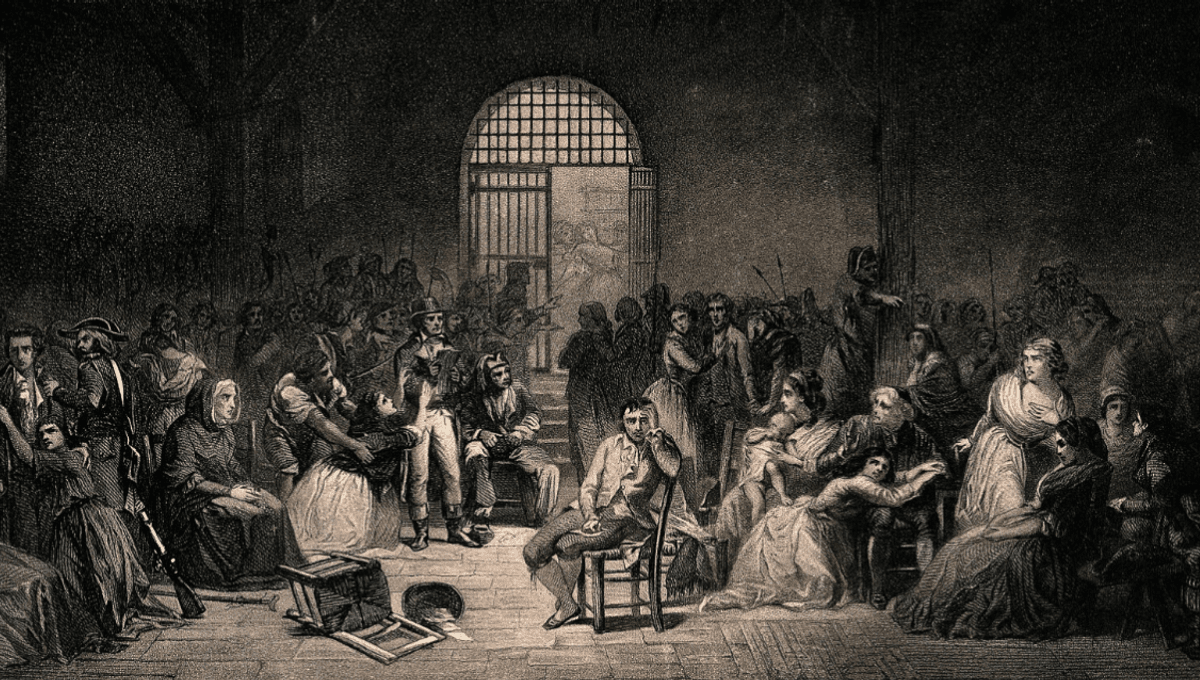
The 365-day Gregorian calendar we use today isn’t exactly a masterpiece of logic. The months arbitrarily have 30 or 31 days (and then February just does its own thing), plus we patch in an extra day every four years to make up for the fact that a solar year isn’t quite 365 days (it’s about 365.2422). It’s all a bit of a mess. That’s why French Revolutionaries in the late 18th century tossed out the old Christian calendar and designed a radical new system: one that was clean, logical, and secular. It didn’t go well.
Known as the French Republican calendar, it featured 12 months, each 30 days long and divided into three 10-day cycles similar to weeks, called décades. The 10 days were named as follows: primidi, duodi, rdidi, quartidi, quintidi, sextidi, septidi, octidi, nonidi and décadi.
Meanwhile, the months were named after natural features associated with the time of year: Vendémiaire (“vintage,” September 22 to October 21); Brumaire (“mist,” October 22 to November 20); Frimaire (“frost,” November 21 to December 20); Nivôse (“snow,” December 21 to January 19); Pluviôse (“rain,” January 20 to February 18); Ventôse (“wind,” February 19 to March 20); Germinal (“seedtime,” March 21 to April 19); Floréal (“blossom,” April 20 to May 19); Prairial (“meadow,” May 20 to June 18); Messidor (“harvest,” June 19 to July 18); Thermidor (“heat,” July 19 to August 17); and Fructidor (“fruits,” August 18 to September 16).
This was a clear break from the Gregorian naming tradition, where each day name and month are often associated with a specific celestial body or god, reflecting Christian and ancient traditions. Instead, the new calendar aligned with the revolutionaries’ desire to create a social system that was free from religion and dusty old traditions, but celebrated reason and science.
On September 21, 1792, or Year I as it was soon to be known, the monarchy was abolished and the French First Republic was proclaimed. The following year, while the heads of the monarchy and clergy were literally starting to roll, the National Convention declared the country was officially moving to the French Republican calendar.
As you’ve probably guessed, the calendar wasn’t a lasting success. Under Napoleon, it was gradually abandoned and officially replaced by the Gregorian calendar on January 1, 1806.
One of the biggest problems was coordinating with other countries still using the Gregorian calendar. It wasn’t so easy organizing a meeting for Saturday, February 21, 1795, when your French counterpart was talking about Year III 3 Pluviôse.
Furthermore, it struggled to gain popular acceptance within the country. It wouldn’t be too difficult to convince a bunch of ideologically charged radicals in Paris, but many people in wider France held onto their religious beliefs and traditions, despite the revolutionary fever of the time.
“The reformers must have underestimated the depth to which religious sentiments were still rooted among the French people, many of whom probably found it impossible to depart so abruptly from a traditionally sacred symbolic order which had been taken for granted for centuries,” Eviatar Zerubavel, a professor of sociology at Rutgers University, wrote in a 1977 paper about the calender.
The failure of the French Republican calendar also goes to show how difficult it is to sway habits that are deeply baked into a culture. After all, the English names of weekdays still have close links to pre-Christian Norse mythology, like Wednesday (Woden’s Day), Thursday (Thor’s Day), and Friday (Frigg’s Day).
You can decapitate a king, loot the churches, and declare a new Year I, but tradition, ritual, and collective habit often pull harder than dry logic.
Source Link: In 1792, France Made A New Calender Based On Science and Secularism – And Nobody Liked It